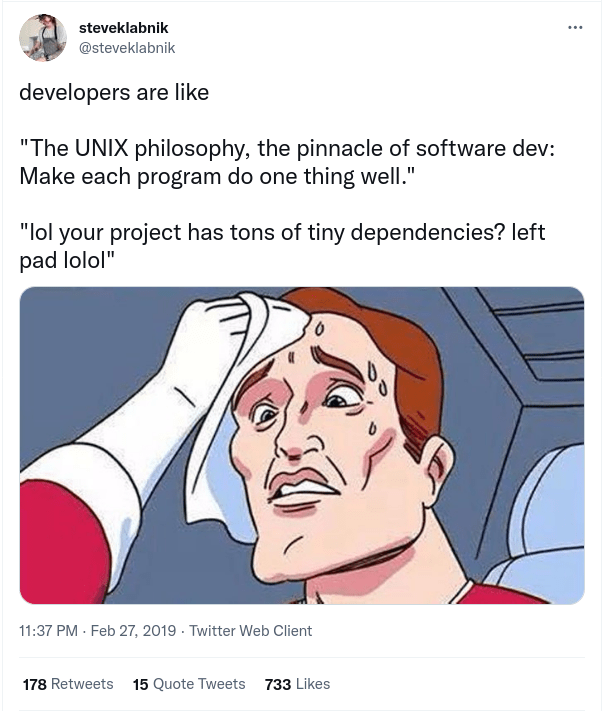I was wrong about the semantics of Raku’s sigils. What does that mean for their power? And what can the difference teach us about language design more broadly?
Author Archives: codesections
Day 20: Sigils are an underappreciated programming technology
Sigils have a bit of a bad reputation. According to their detractors, sigils are “just a way of encoding type information” in variable names – basically a glorified version of apps Hungarian notation (which isn’t even the good kind of Hungarian notation). Maybe sigils served a purpose in the bad old days, but now we have fancy IDEs and editors can give us all the type information we might want, and these modern tools have made sigils obsolete.
Or so they say. But I disagree – as do many of the hackers whose perspectives and insights I value most.
So my goal in this post is to convince you that sigils are a powerful tool for writing clear, expressive code. In fact, I’ll go further: Sigils are a powerful tool for clear communication in general – that they’re useful for programming is just an application of the more general rule.
Day 11 – Unix philosophy without left-pad, Part 2: Minimizing dependencies with a utilities package
In the previous post, I made a case for why programming languages should have a utility library that provides small-but-commonly-needed functions. Today I’m introducing a Raku package that I hope will fill that gap and discussing how this fits with the Unix philosophy
Day 6 – Following the Unix philosophy without getting left-pad
The Unix philosophy famously holds that you should write software that “does one thing, and does it well”. But following that advice too literally can lead to the micro-package dystopia that got us left-pad. But there is a way to write libraries that do only one thing without getting left-pad
Day 22: What’s the point of pointfree programming?
He had taken a new name for most of the usual reasons, and for a few unusual ones as well, not the least of which was the fact that names were important to him. — Patrick Rothfuss, The Name of the Wind If you’re a programmer, there’s a good chance that names are important toContinue reading “Day 22: What’s the point of pointfree programming?”
Day 1: Why Raku is the ideal language for Advent of Code
Now that it’s December, it’s time for two of my favorite traditions from the tech world: the Raku Advent Calendar and Advent of Code. These two holiday traditions have a fair amount in common – they both run from December 1 through Christmas, and both involve releasing something new every day during the event. Specifically,Continue reading “Day 1: Why Raku is the ideal language for Advent of Code”


